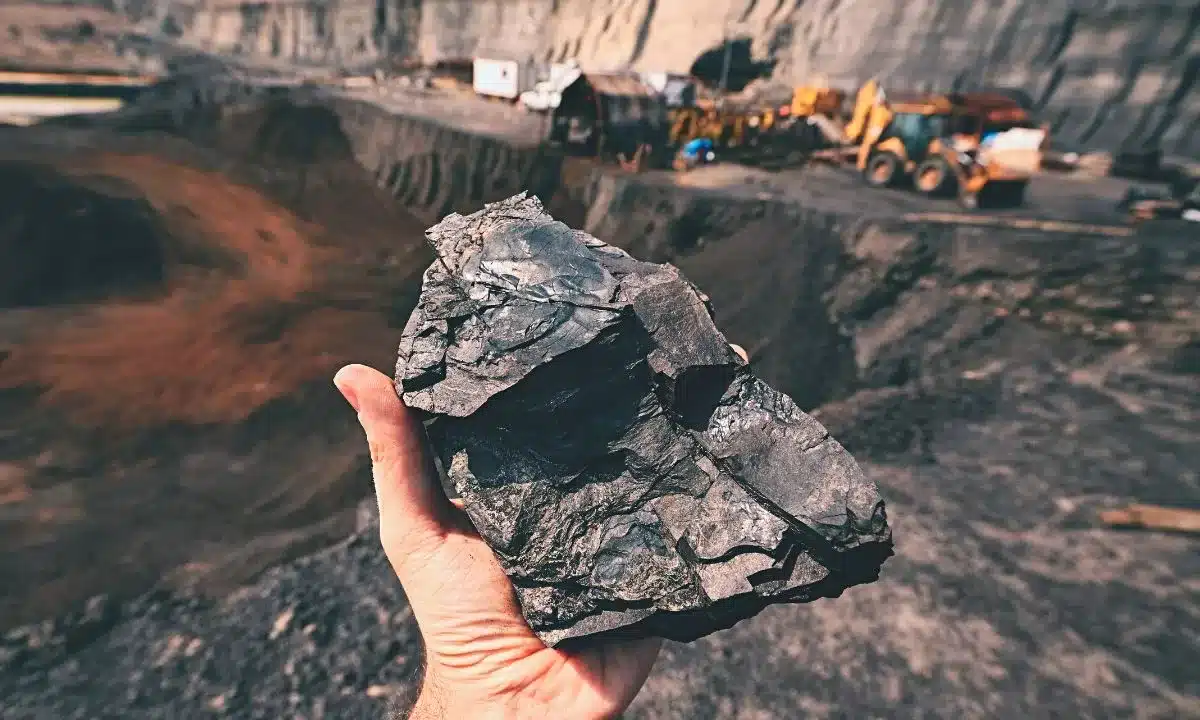Committees to monitor Boticas and Montalegre projects
Parliament has today approved a recommendation to the government to urgently set up committees to monitor lithium exploration projects in Boticas and Montalegre, as provided for in the Environmental Impact Statement (EIS).
The draft resolution presented by the PSD was approved with PAN (Peoples Animals Nature) voting against and LIVRE, PCP and Bloco de Esquerda abstaining – largely because these four parties are against the projects, and supporting bitter local opposition in those areas.
Perhaps because of the number of complaints about how the company seeking to mine in Boticas is operating, the parliamentary initiative recommends that the government ensure that these committees become “fully functional as soon as possible”.
The two projects were approved by Portuguese Environment Agency APA, with the issuing of a favourable conditional DIA in 2023 – but have been delayed and fiercely opposed by local residents, municipalities and environmentalists ever since.
For Boticas, Savannah Resources envisages an open-cast mine and concession area exceeds 500 hectares, while in Montalegre, Lusorecursos is proposing a mixed operation, first open-cast and then tunnelled, with a concession area of 825.4 hectares.
The respective EISs provide for the creation of a monitoring committee, the mission of which will be to monitor and supervise the implementation of measures to mitigate environmental and social impacts, “promoting transparency and continuous dialogue between all interested parties”.
However, according to the PSD text, no monitoring committees have been in evidence “which has contributed to increased mistrust among the local population, and a lack of clarity in the implementation of the established measures”.
The PSD parliamentary group said it sees the monitoring committee as an essential measure to ensure that both projects are conducted “with transparency, responsibility and social justice”.
“Only through rigorous monitoring, open dialogue and transparent action will it be possible to restore people’s confidence and ensure that lithium mining makes a positive contribution to the future of the region and the country,” the Social Democrats argued in their draft resolution.
The text recommends that the government ensures that the monitoring committees include representatives from APA, the Northern Regional Coordination and Development Commission (CCDR-N), the Northern Regional Health Administration (ARS Norte), the Directorate-General for Energy and Geology (DGEG), the National Energy and Geology Laboratory (LNEG), the Institute for Nature Conservation and Forests (ICNF), local authorities, affected parish councils, environmental associations and local communities, as well as concession companies and independent experts.
The text also calls for a regular timetable of meetings to be defined and for it to be ensured that these are held at intervals appropriate to the complexity and development of both projects.
The draft resolution allows for the conditions for the functioning of the committees to be established, with rules and regulations approved by all members, for reports to be made public, and for regular sessions to be held with local populations.
It also recommends that the government define a stakeholder engagement plan, a memorandum of understanding and a benefit-sharing agreement to ensure that the economic benefits of lithium mining are equitably distributed and that negative impacts are minimised in both affected regions.
This is the first time any kind of concession has been offered to outraged local communities, and their reactions will no doubt come over the course of the next few days. ND
Source material: LUSA




















